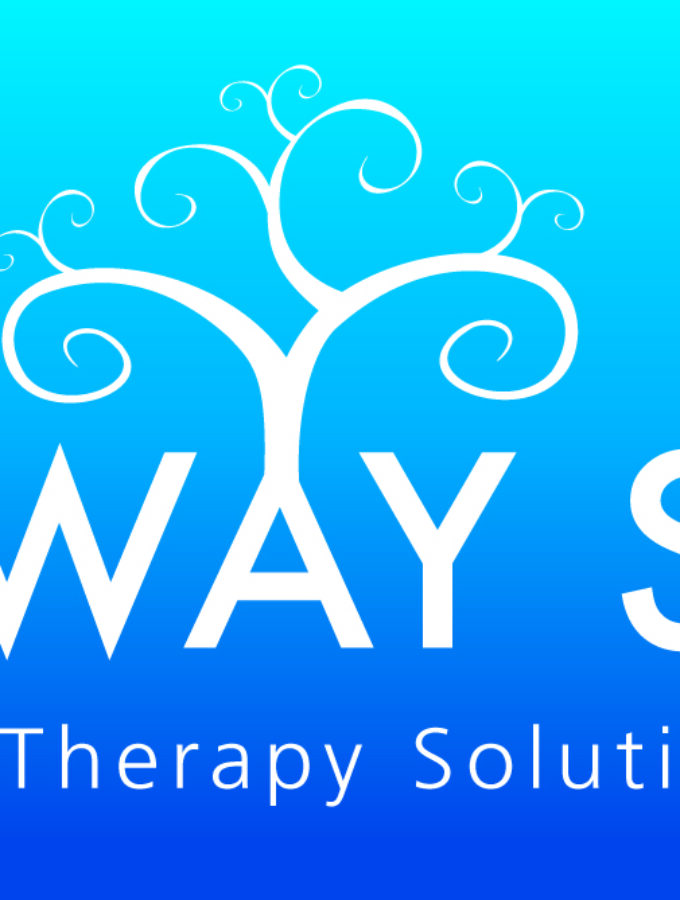This post is an important read for all of those who follow my blog. It sets the context for all other posts.
One of the reasons that it’s taken me a while to feel comfortable writing blogs about augmentative and alternative communication (AAC) is that there are always many caveats when you make a statement about something, someone, or an opinion.
- Nothing is ever a perfect solution,
- there are always compromises and a prioritisation process,
- there’s always something else to do or consider, and
- something that works for one person doesn’t necessarily work for the next.
This field is more about people than it is about theory or fact. Individuals are diverse and we all have different interests, personalities, learning styles, and responses. We have different motivations, beliefs, challenges and communities. Although there are some basic principles and theories in AAC, everything should also be viewed through the eyes of the individual and their unique life.
For these reasons, I hope that readers will understand that my blog posts are made up of opinions, perspectives, reviews of research and theory, experiences and musings. They are by no means the only way to think on this topic, nor profess to be the solution for everything. I only write them in the hope that it may share information or spark ideas for others, and generate conversations amongst those working together in this field. But most importantly, I contribute in the hope that we can collectively keep pushing the boundaries, thinking outside of the square and that when things aren’t progressing, or the solutions are hard to find, that we all just try harder or persist a bit longer with an approach that we believe in. My voice is just one in this community of AAC users, families, service providers and friends. I don’t pretend to, or want to have the final say, it’s just something to add into the mix.
So when you read my posts (that I hope to more frequently post from now on) , please consider the following key points that form the basis of my posts and general beliefs in terms of AAC:
- Presume competence and make the least harmful assumption. I would rather be viewed as an optimist or a dreamer, than to be the person who was too embarrassed or pessimistic to provide an opportunity for a person with complex communication needs to learn or to demonstrate their abilities.
- A robust AAC system is non-negotiable. (ADD link to Jane’s robust system page) Without access to a wide range of words and messages, we cannot hear what someone has to say.
- Aided language stimulation forms the basis of all intervention we provide at Two Way Street. The best way for a person to learn to communicate is to be immersed in an environment where that system is used not just to say words, but for meaningful interaction with rich language across a range of people, situations, and modalities (ie. symbols, gestures, signs, voice, body language etc.).
- The most important thing is to see the person, not their disability. Unless we see the person and their social networks from their perspective, we cannot begin to understand the words they may need, or the priorities for their communication system and intervention goals.
- The main reason that we communicate is to be part of our family, friendship groups and communities. Much of what we say is way beyond asking to have our needs met. Words can be used for a wide range of pragmatic functions, and include many things that we don’t realise like self talk, practising, cheering, consoling and just saying it because it’s funny. I have a whole future blog post planned on ‘just saying it for fun’ Our TWS vision statement reflects this point:
communication is how you show your personality
it’s sharing, boasting, questioning, complaining, loving and saying something just because you want to
Everyone should be heard.
I am an Australian speech pathologist, and part of an amazing team of like-minded and passionate people at Two Way Street, a speech pathology practice with big dreams, in Adelaide, South Australia. I have worked almost exclusively in the field of AAC since I graduated in 1990, and am one of those lucky people to have job that I love doing and eternally interested to know more.
I also have a fantastic tribe of AAC colleagues and friends with whom I often share, reflect and problem-solve. Many of my opinions are a conglomeration of my past experiences, reading, discussions and disagreements with these people. Thank you to those people for continuing to share knowledge and challenge me to keep thinking.
I am a firm believer in the need for sound research as the basis for our practice, but will also not limit my thinking to only what has been published so far, and hope to contribute further to clinical research in the future.
I listen regularly and often to those people who use AAC and promote this within our practice, as they are the ones who share the most valuable information.
Also, I’m very passionate about the importance of community in the quest to ‘change the world’ for people who use AAC. Public awareness, sharing and learning amongst families and communities, and mentoring/role models for people who use AAC as well as their families are important pieces in the puzzle.
Now, to just get on and keep making all of these things happen……..
I hope you enjoy my blog. More to come soon, I PROMISE.

